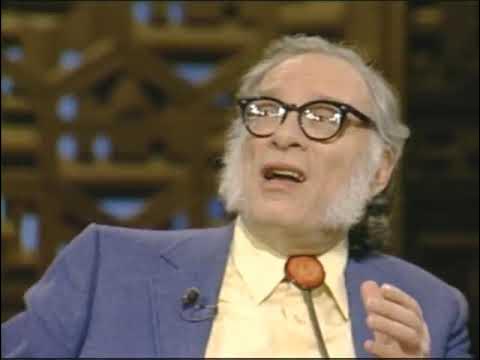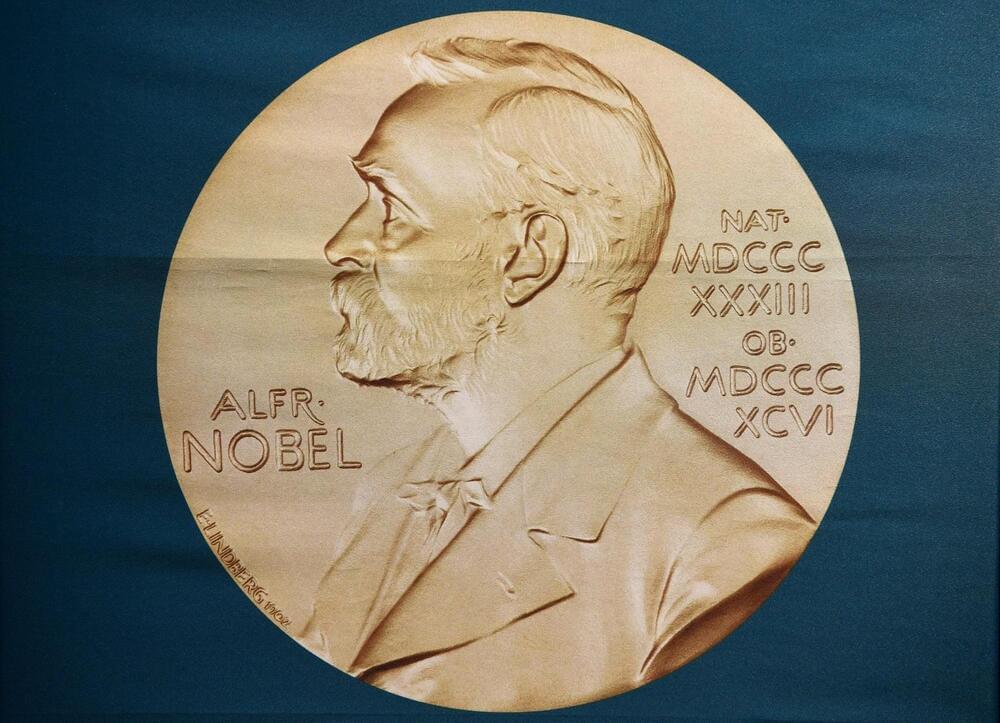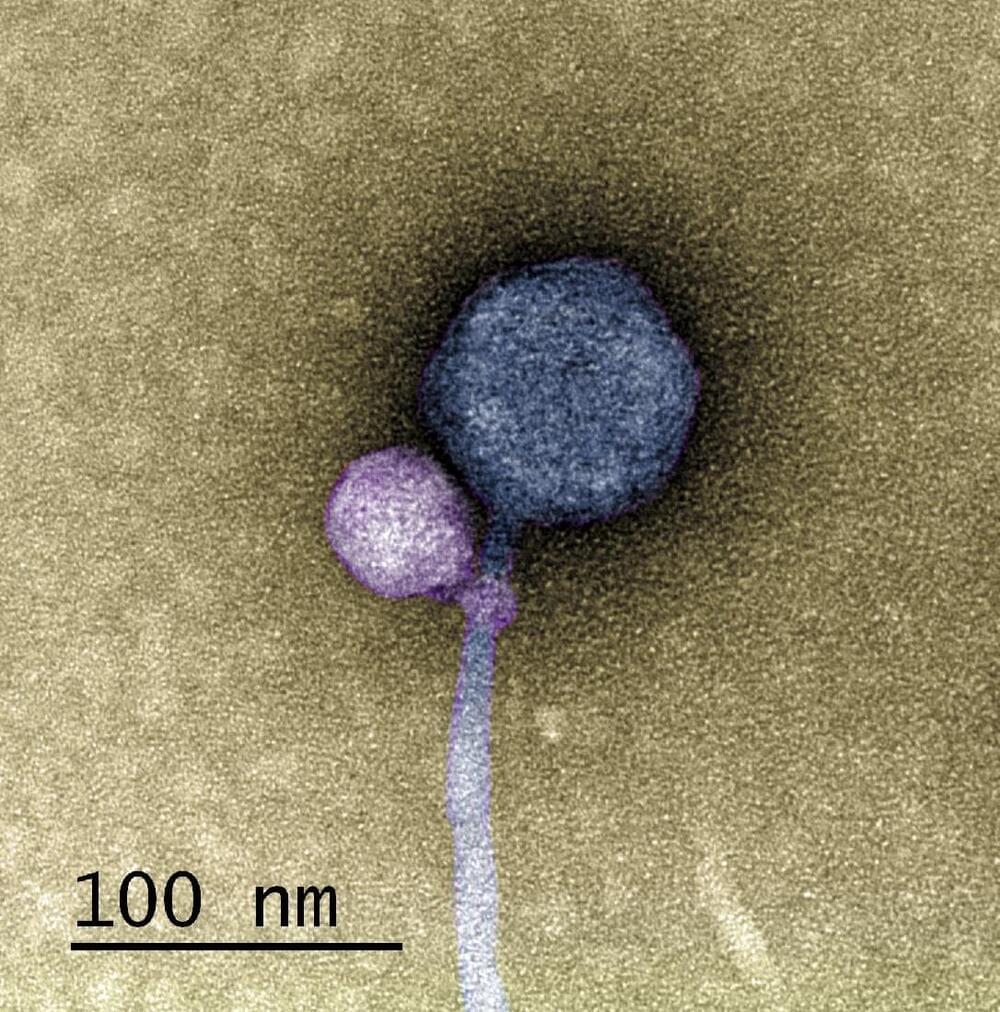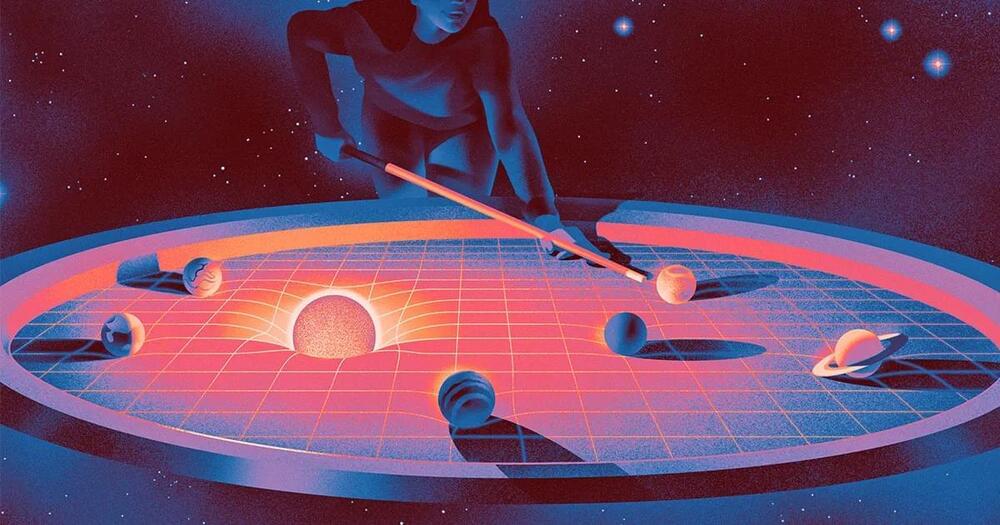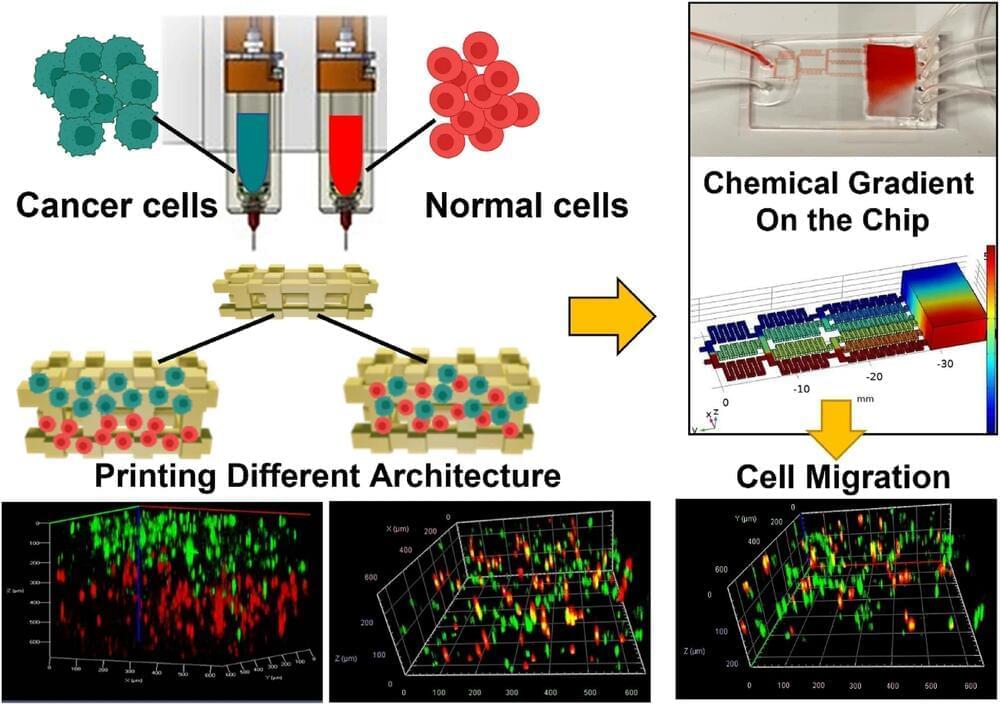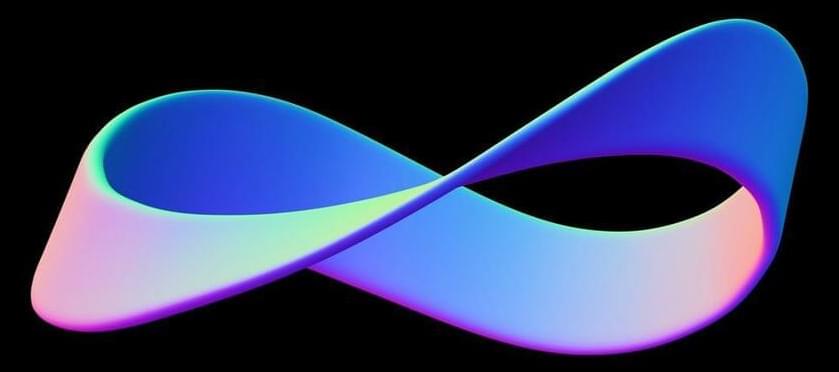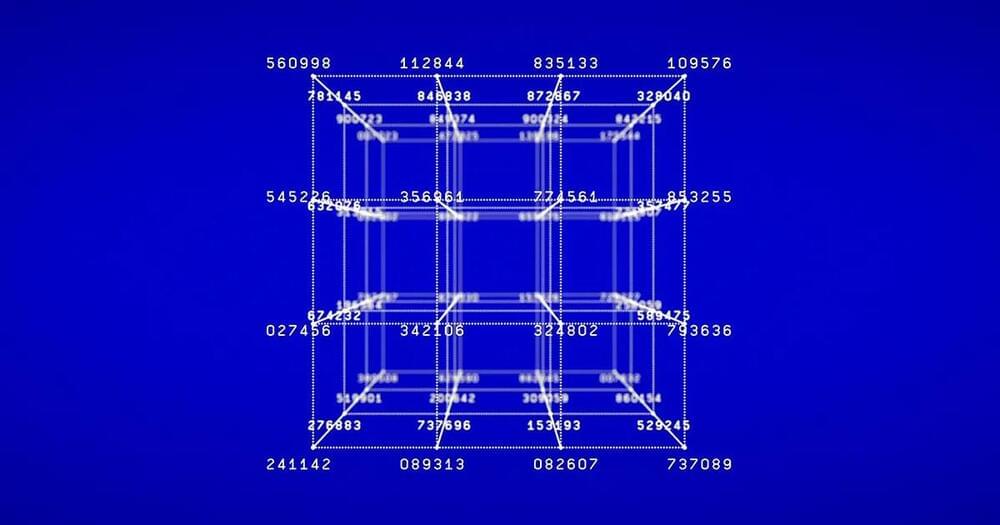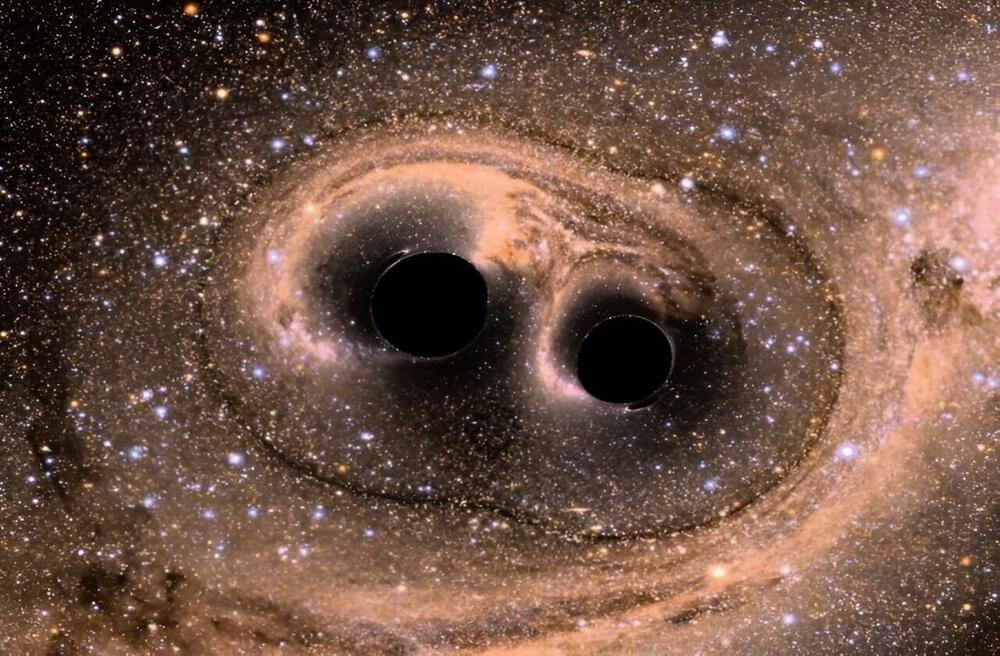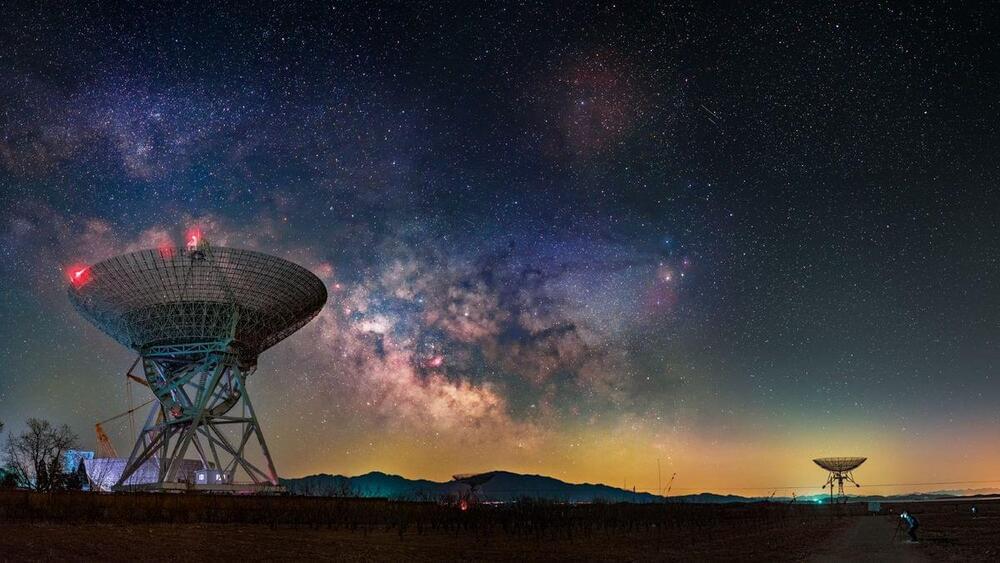Nov 5, 2023
Isaac Asimov Predicts The Future In 1982. Was He Correct?
Posted by Shubham Ghosh Roy in categories: ethics, internet, law, mathematics, robotics/AI
Dr. Isaac Asimov was a prolific science fiction author, biochemist, and professor. He was best known for his works of science fiction and for his popular science essays. Born in Russia in 1920 and brought to the United States by his family as a young child, he went on to become one of the most influential figures in the world of speculative fiction. He wrote hundreds of books on a variety of topics, but he’s especially remembered for series like the “Foundation” series and the “Robot” series.
Asimov’s science fiction often dealt with themes and ideas that pertained to the future of humanity.
The “Foundation” series for example, introduced the idea of “psychohistory” – a mathematical way of predicting the future based on large population behaviors. While we don’t have psychohistory as described by Asimov, his works did reflect the belief that societies operate on understandable and potentially predictable principles.
Continue reading “Isaac Asimov Predicts The Future In 1982. Was He Correct?” »
